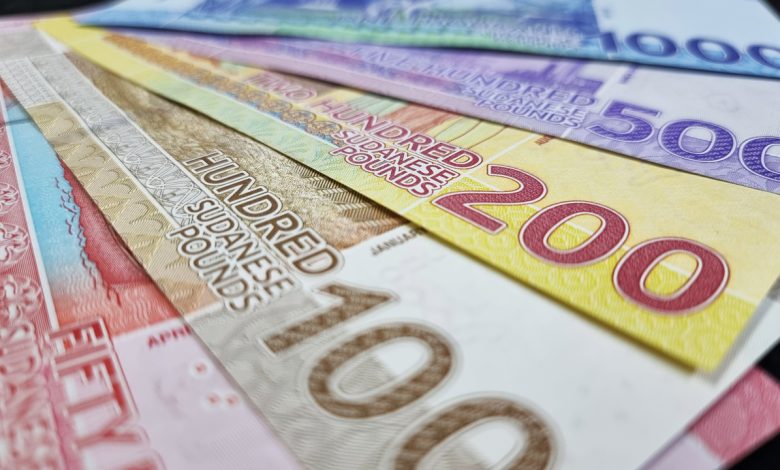Former Ambassador Calls for Reducing Currency Circulation

Sudan Events – Nahed Oshi
The former Sudanese ambassador to India, Dr. Hassan Al-Talib, charted the course of the post-war economy. He said that the Sudanese economic sector for the post-war stage requires a comprehensive restructuring that begins with adopting the digital economy and reducing traditional paper currency transactions. He warned that it has become a serious and potential threat to strategic national security from Through forgery, plunder and concealment, in addition to the currency leaving the macroeconomic circle and withholding its circulation from investments available to banks and national finance houses.
He stressed the necessity of constructing roads and bridges between and within states using the BOT system, in national and international partnerships, and in accordance with approved technical specifications.
It must leave the states and their governments with options and priorities for attracting and stimulating investment, determining the rate and level of income tax in each state according to its circumstances, allowing freedom of exports, and easing or lifting all restrictions with a focus on strict specifications and the necessity of obtaining (ISO) certificates. He called for the performance of the Governor of the Bank of Sudan to be evaluated through an independent advisory council of national experts, provided that this includes maintaining the exchange value of the pound, the level of the country’s balance of hard currencies, controlling the monetary mass and its circulation cycles, and concluding agreements to exchange the national currency with the countries of the trade balance and countries influencing the exchange rate of payments.
While he stressed the need for financial and economic planning policies to be consistent at the state and federal levels, provided that their performance evaluation is monitored according to unemployment rates and the achieved quarterly and annual growth rates. He stated that without these inevitable post-war adjustments, no improvement is expected for the national economy
He said that the continuation of the approach of inactive policies that lack initiative and initiative, and relying on international begging and shedding Sudan’s face in all corners of the earth with requests for relief, subsidies, donations and aid will be of no use. He added by saying that the shameful policies that remained the slogan of Sudan after April 2019 have brought the country to this depth of shame and regret.
Calling for the activation and expansion of trade and investment agreements with friendly countries such as China, India, and Malaysia, especially in the field of petroleum, with wider openness to sister countries in the regional neighborhood, such as Saudi Arabia, which is guided by Vision 2030 and aims to invest in African and neighboring countries, which opens the Saudi and Gulf markets to Sudanese exports, and provides opportunities. Companies there have the opportunity to enter into reconstruction and agricultural industrialization projects and transfer advanced technology to Sudan through investment partnerships



